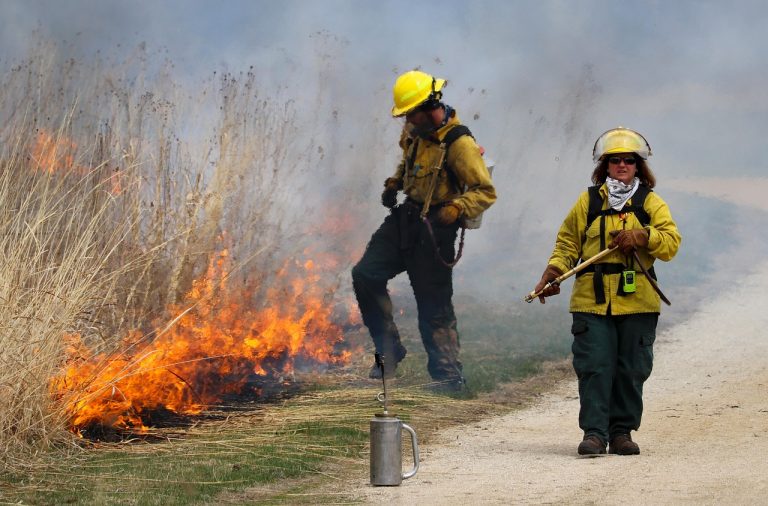In a conflict scenario between Pakistan and India, Essential Information for Pakistani Public Safety for governments and non-governmental organizations (NGOs). The war scenario brings with it not only military threats but also economic, social, and psychological challenges for the public. As citizens, it’s crucial to understand how to protect oneself, one’s family, and the community in such a crisis.
The role of the Pakistani government and its armed forces is pivotal in ensuring public safety. The military’s primary responsibility is to neutralize external threats, including border skirmishes and aerial threats such as drone attacks. In times of war, the Pakistani Army and its allies engage in defensive operations to secure the nation’s borders and prevent breaches. One of the key strategies involves the use of advanced technology, such as air defense systems, to intercept and neutralize potential aerial threats.
Civilians must also play an active role in ensuring their own safety. This involves adhering to curfews, avoiding high-risk areas, and remaining aware of government advisories. Preparedness, including having an emergency kit stocked with essential supplies (water, food, first aid kits), is critical. Public safety drills, such as practicing evacuation routes and sheltering in place, help in minimizing casualties during attacks.
Essential Information for Pakistani Public Safety are as follows:
- The escalating tensions between Pakistan and India have raised significant concerns about national security and public safety in both countries.
- Multiple ceasefire violations, airspace intrusions, and drone incursions have been reported, with Pakistan Army responding by downing Indian drones attempting to breach its borders.
- Civilians living near the Line of Control (LoC) and Working Boundary should stay alert, follow military and civil defense instructions, and avoid unnecessary travel in sensitive zones.
- Authorities advise keeping emergency supplies, such as clean water, dry food, medicine, and first aid kits, at home in case of a conflict escalation.
- Citizens are urged not to spread unverified information or rumors on social media, as misinformation can cause panic and confusion during wartime situations.
- The National Disaster Management Authority (NDMA) and local administrations have put emergency response plans in place for any possible attacks or retaliatory actions.
- In case of air raid sirens or missile alerts, individuals should seek shelter immediately in basements, reinforced rooms, or pre-designated community shelters.
- Mobile phone and internet services may be temporarily disrupted in high-risk areas for security purposes; residents should rely on radio broadcasts and official news sources.
- Schools and public offices in border regions might remain closed or operate with limited hours depending on the situation; parents should remain in contact with school administrations.
- Pakistan’s armed forces have assured the public of their full preparedness and urged unity and calm among citizens during these critical times.
- International diplomatic channels remain open to reduce tensions, but precautionary public safety measures are still vital.
- Evacuation plans for vulnerable communities near military installations or high-risk zones have been prepared by provincial governments.
- The public should avoid photography or video recording of military movements and avoid gathering near defense areas.
- In the event of a missile strike or aerial bombardment, local emergency numbers and rescue services (e.g., Edhi, Rescue 1122) should be contacted immediately.
- Media outlets have been instructed to provide only verified updates, and citizens are encouraged to watch or listen to state-run news services for accurate information.
- Public cooperation is essential to national resilience; helping neighbors, staying informed, and maintaining discipline can significantly reduce risk during wartime.


